Egg donation is a selfless and life-changing act that allows individuals to help others fulfill their dreams of parenthood. However, potential egg donors often have questions and concerns about their eligibility for egg donation. One common question that arises is whether it is possible to donate eggs if you have an intrauterine device (IUD) in place. In this essay, we will explore the compatibility of IUDs with egg donation, addressing the medical, ethical, and logistical considerations involved.
Understanding Egg Donation
Egg donation is a medical procedure in which a woman provides her eggs to assist individuals or couples facing fertility challenges. The process typically involves hormone stimulation to produce multiple eggs, followed by retrieval through a minor surgical procedure. These donated eggs are then fertilized with sperm in a laboratory and transferred to the recipient’s uterus for pregnancy.
Intrauterine Devices (IUDs)
An intrauterine device, commonly known as an IUD, is a contraceptive method that is inserted into a woman’s uterus to prevent pregnancy. IUDs are highly effective, long-lasting birth control options, and they come in two main types: hormonal and non-hormonal. Hormonal IUDs release a small amount of progestin to prevent pregnancy, while non-hormonal IUDs use copper to create a hostile environment for sperm.
Can You Donate Eggs with an IUD?
The eligibility of an individual with an IUD to donate eggs can vary depending on several factors, including the type of IUD, the clinic’s policies, and the specific circumstances of the donor. Let’s examine the key considerations:
- **Type of IUD**: Hormonal IUDs release progestin, which can affect the hormonal balance in the body. This hormonal interference might impact the success of egg stimulation during the egg donation process. Clinics may prefer donors with non-hormonal IUDs or those who have had the device removed for a certain period before starting the egg donation cycle.
- **Clinic Policies**: Fertility clinics may have varying policies regarding IUDs and egg donation. Some clinics may require donors to have their IUDs removed before initiating the donation process, while others might permit certain types of IUDs.
- **Individual Health**: The overall health of the egg donor and the specific circumstances surrounding the IUD may influence eligibility. Donors with certain medical conditions or complications related to their IUD may not be suitable candidates.
- **Timing**: The timing of IUD removal is critical. If an egg donor wishes to proceed with donation and has an IUD, it is essential to coordinate with the fertility clinic to determine the appropriate timing for removal and the subsequent egg donation cycle.
Ethical Considerations
From an ethical standpoint, ensuring the safety and well-being of both the donor and any potential recipients is of paramount importance. Egg donors with IUDs should receive appropriate medical guidance and counseling to make informed decisions about their participation in egg donation. Additionally, transparency in communication between the donor, the recipient, and the medical professionals involved is crucial to address any potential concerns or complications.
Egg donation is a noble and compassionate act that helps individuals and couples achieve their dreams of parenthood. When considering egg donation, individuals with IUDs should consult with a fertility specialist and the clinic they intend to work with to understand the specific requirements, policies, and recommendations concerning IUDs and egg donation. While the presence of an IUD may raise some medical and logistical considerations, it is possible to donate eggs after careful evaluation and coordination with healthcare professionals. Ultimately, ensuring the safety and well-being of all parties involved is paramount in the egg donation process.
If you are interested in becoming an egg donor, or learning more about the qualifications, please contact Elevate Baby to learn more.

